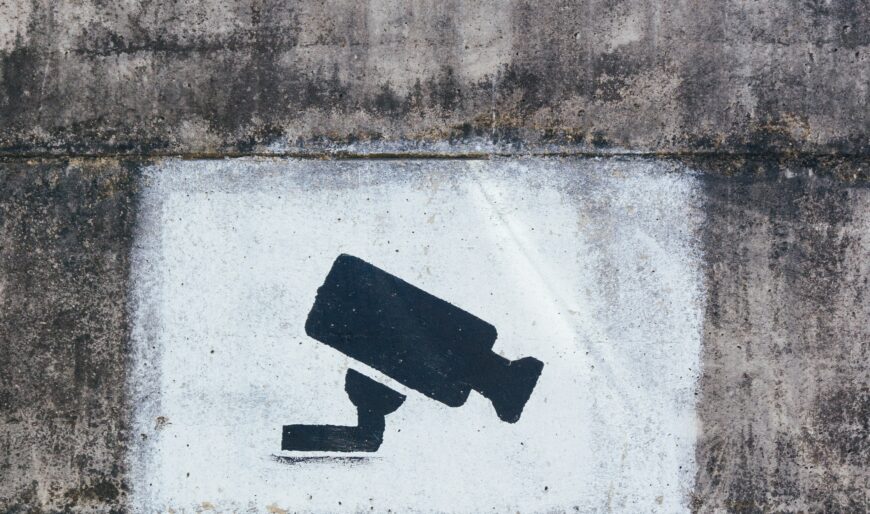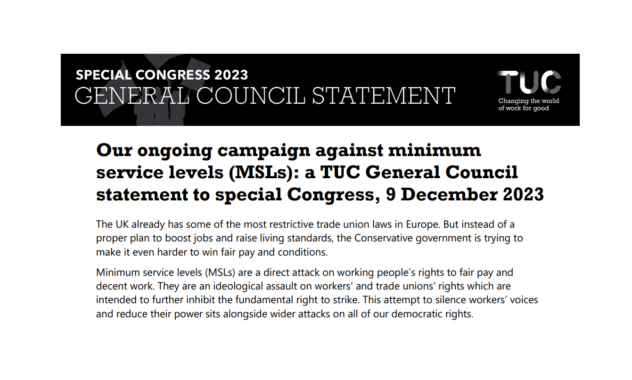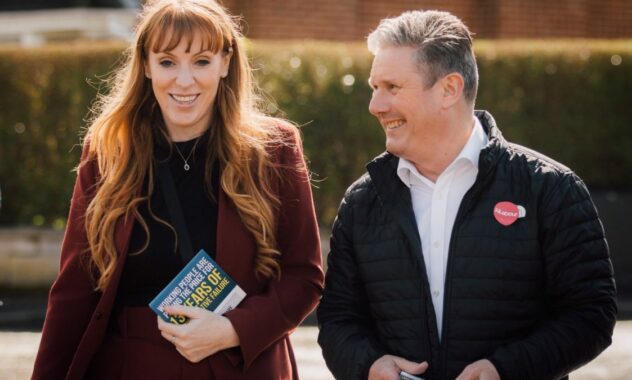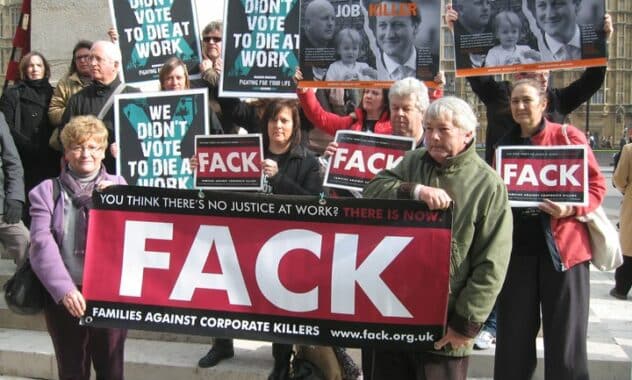Lords Hendy & Hain push for trade union protections In CHIS SpyCops Bill
The peers have tabled an amendment that removes a proposal to allow State agents to break the law in pursuit of "economic wellbeing".

Lord John Hendy QC and Lord Peter Hain, both Labour Party peers, have tabled an amendment to the Covert Human Intelligence Sources (Criminal Conduct) Bill (CHIS) that they believe could help protect trade unions from infiltration by the secret service.
It has long been known that agents of the State have spied on trade unionists and monitored trade unions, initially through blacklister the Economic League and then, it is believed, through its successor The Consulting Association. Evidence of such activities is currently being heard in the Undercover Policing Inquiry (UCPI).
Should the CHIS Bill be allowed to pass in its current form, there are fears this covert behaviour could be legitimised and even encouraged.
The draft legislation proposes to rubber stamp an ‘unofficial’ understanding within the secret services that agents may break the law during the course of their duties.
But the proposals are extraordinarily wide after the government refused to rule out rape, murder or torture among the crimes agents might commit; insisted that spies do not need to be acting to protect national security but could be protecting “economic wellbeing” or to “prevent disorder”; and extended the powers to a wide range of public bodies including HMRC and the Food Standards Agency.
Lords Hendy and Hain have presented an amendment that removes the clause that allows secret services to act in the interest of “economic wellbeing”, which they say would help to discourage agents from infiltrating trade unions.
Moving the amendment on behalf of the peers, Baroness Shami Chakrabarti told the House of Lords yesterday (03 December 2020): “This ominous phrase is undefined here but clearly capable of being interpreted as encompassing lawful industrial action which might inevitably have some adverse economic consequences.”
She responded to government assurances that the Bill did not pose a threat to trade unions by saying they “did not inspire confidence” following evidence disclosed to the UCPI.







